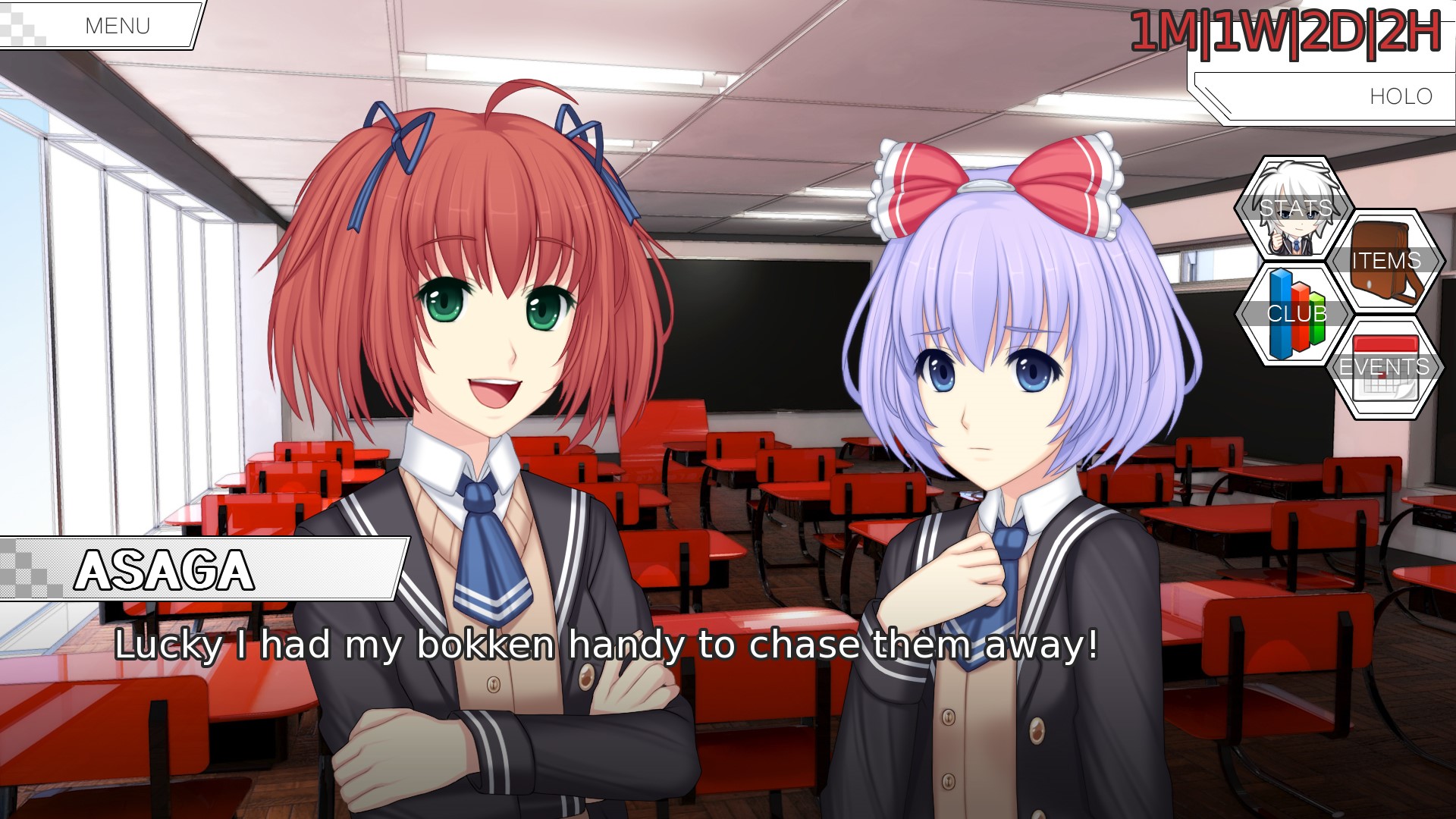
Brunswick Records, which owned the original recordings, was bought by Columbia Records, where Hammond was employed.

In late 1938 John Hammond sought him out for a concert at Carnegie Hall, From Spirituals to Swing, only to discover that Johnson had died. His music had a small, but influential, following during his life and in the two decades after his death. The one most closely associated with his life is that he sold his soul to the devil at a local crossroads to achieve musical success. Johnson's poorly documented life and death have given rise to much legend. Other than these recordings, very little was known of him during his life outside of the small musical circuit in the Mississippi Delta where he spent most of his life much of his story has been reconstructed after his death by researchers. Most were released as 10-inch, 78 rpm singles from 1937–1938, with a few released after his death. These songs, recorded at low fidelity in improvised studios, were the totality of his recorded output.

He participated in only two recording sessions, one in San Antonio in 1936, and one in Dallas in 1937, that produced 29 distinct songs (with 13 surviving alternate takes) recorded by famed Country Music Hall of Fame producer Don Law. He is now recognized as a master of the blues, particularly the Delta blues style.Īs a traveling performer who played mostly on street corners, in juke joints, and at Saturday night dances, Johnson had little commercial success or public recognition in his lifetime. His landmark recordings in 19 display a combination of singing, guitar skills, and songwriting talent that has influenced later generations of musicians.

Robert Leroy Johnson (May 8, 1911 – August 16, 1938) was an American blues musician and songwriter.


 0 kommentar(er)
0 kommentar(er)
